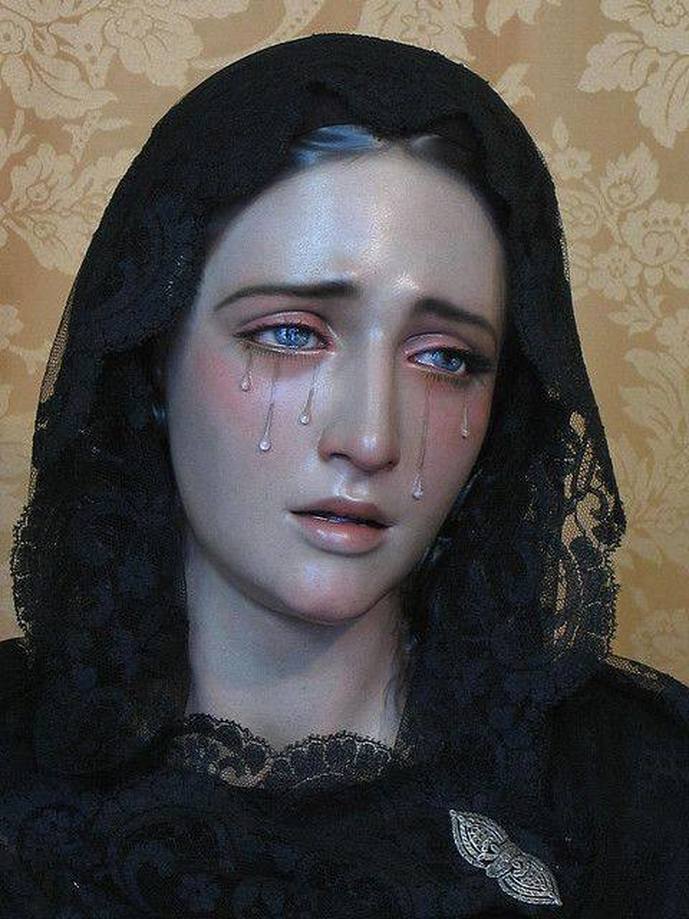
"My son William who lives in Australia informs me that so many men there would consider it shameful to be seen crying. I know that during the immediate pre-war years when I was raised, back in the 1950s, it was a common saying of the times that 'big boys don't cry.'
Let me tell you that there is a sacredness in tears that mark them not a sign of weakness, but one of power.They speak more eloquently than any word ever could. They are the messengers of overwhelming grief, of deep contrition and of unspeakable love.
Tears are essentially the safety valve of the heart that are visible when too much pressure is laid on it. Though they are the silent language of grief, I strongly believe that our past tears become our present strengths. My reading of history shows that in Victorian times where restraint and the stiff upper lip was recommended, the hidden cost was much secret hurt. The Victorians saw tears as being symbolic of a breakdown in etiquette; the inability of the soul to restrain its emotion and retain its self command and polite composure.
My work over the years has led me to understand the land of silent tears to be a secret place for those who never learned to cry outwardly. When I was young and wanting to be seen as more grown up than my years, I wept not, so stone within me grew and hardened. Even when I was run over by a large wagon at the tender age of eleven and had my body wrapped around the shaft beneath, even then I didn't cry as I waited fully conscious for almost thirty five minutes to be freed and taken into hospital with multiple life-threatening injuries.
People who knew me judged that brave, but I know it to have been otherwise. When I was told months later that I had a damaged spine and would never walk again, then I cried! I know for my part that I became a much better, healthier and happier person once I learned to cry and to express both happiness and grief at the moment of their birth. Too often I have witnessed the prolonged pain that not being able to cry can bring in its wake.
Working with numerous bereaved persons, whom after years of counselling and reflection eventually got back in touch with their feelings and found themselves able to cry once more, taught me that tears are the natural product of pleasure and on other occasions they can be the terrible penalty of unspeakable pain.
In my life to date, I have often been stricken low by the sight of tears and emotionally stirred to such extent that I would have given any possession to instantly ease the pain of another. My greatest hurt however is, and will always remain, the tears that is found in the eyes of a mother who has just learned the news that her child she gave birth to is dead. Only once have I witnessed such pain and it is an experience of sadness beyond description. Some people say that there is no greater pain than for a mother to bear a child; I say that there is no greater pain than for a mother to bury one!" William Forde: September 29th, 2015.
